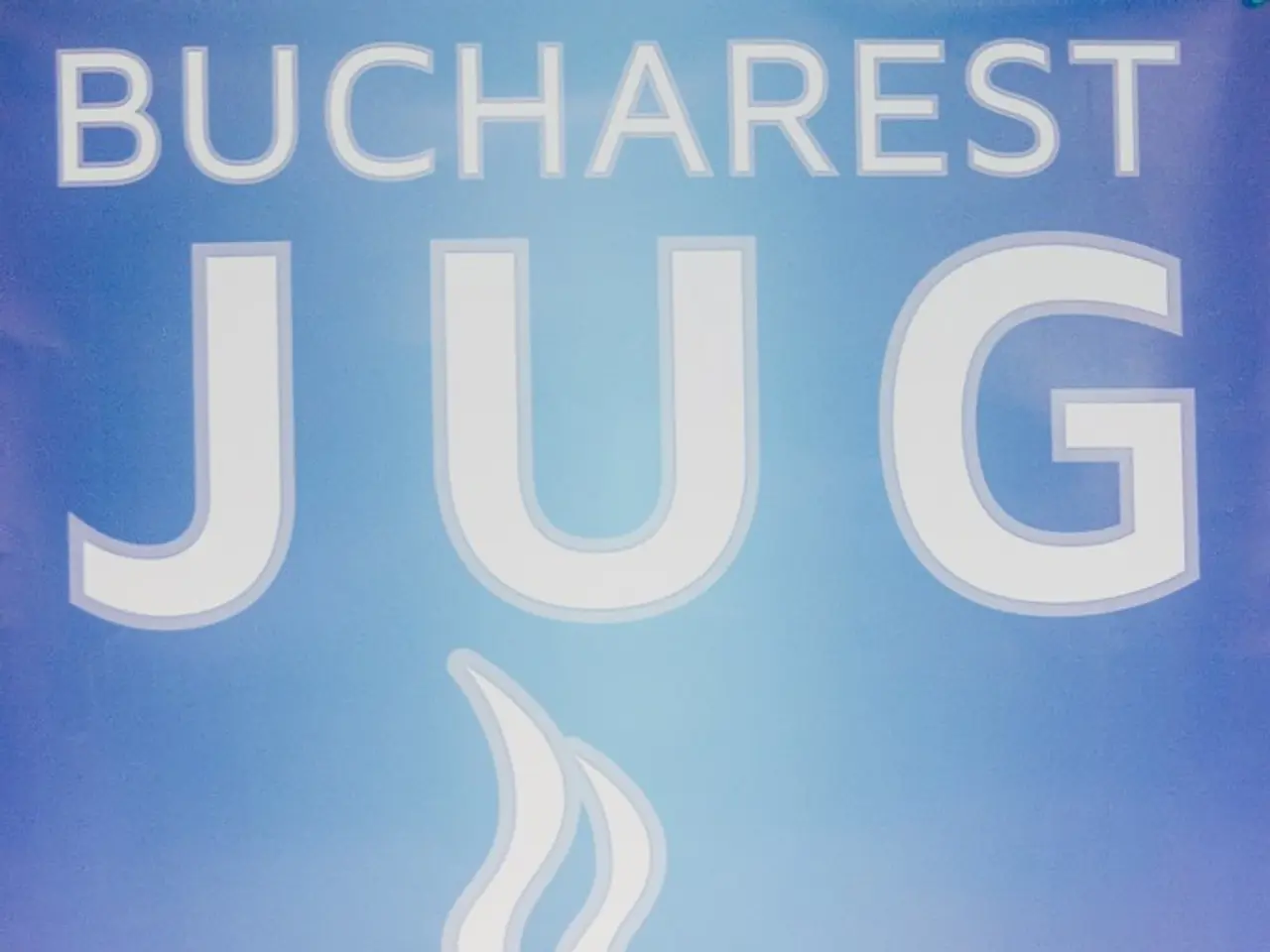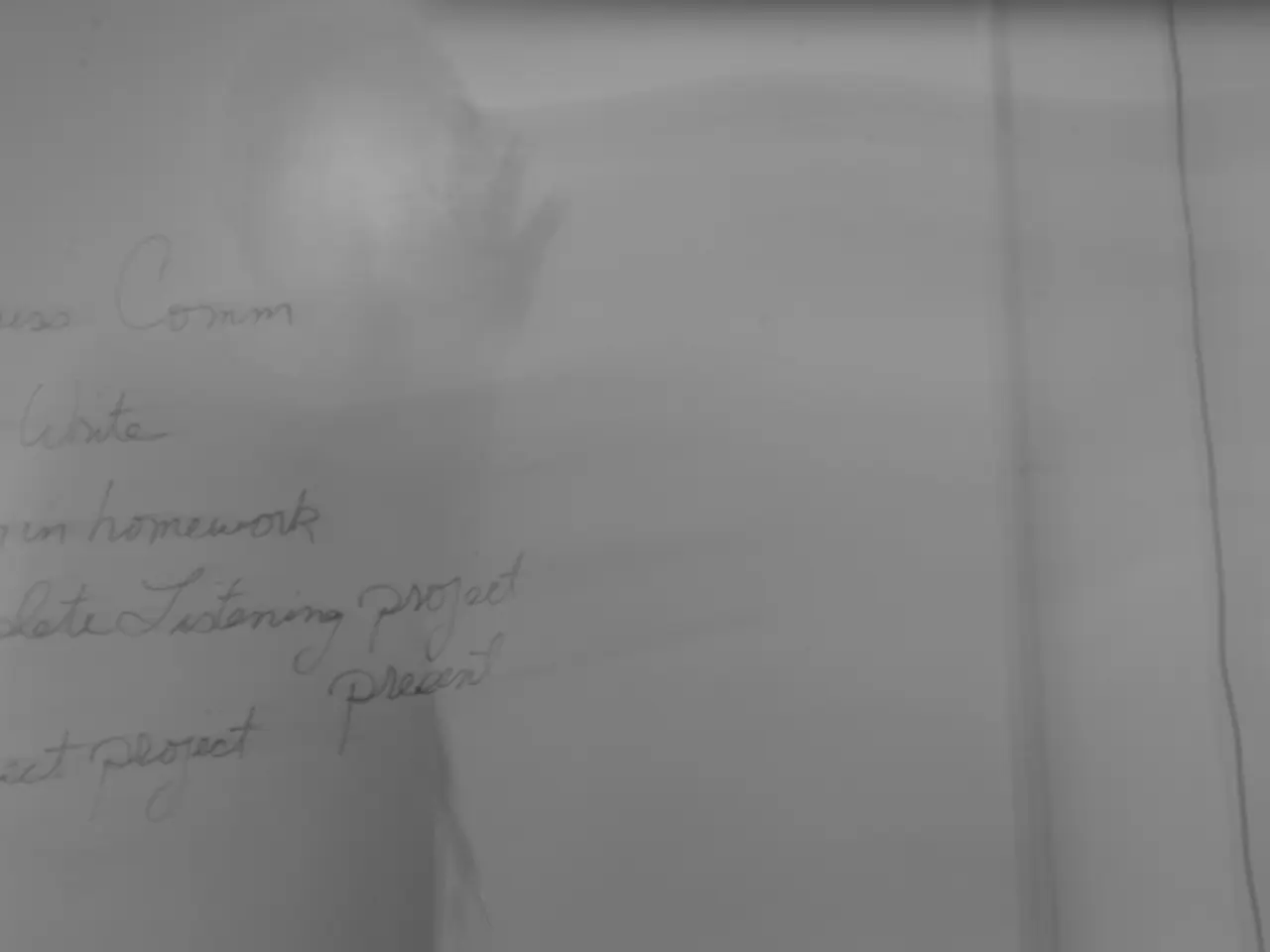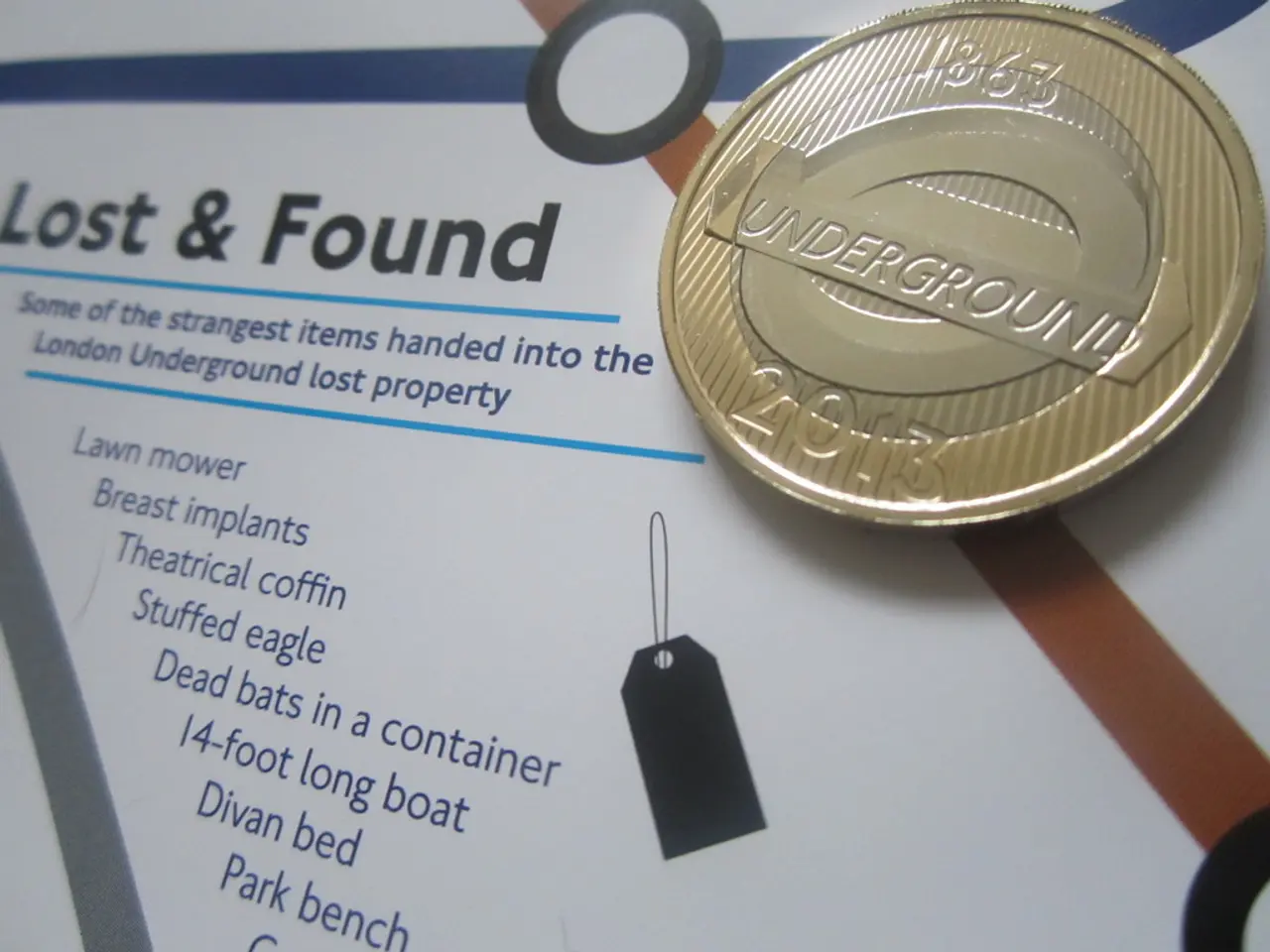LG Energy secures victory in legal battle against Chinese battery company accused of patent infringement for the third time.
LG Energy Solution Demonstrates Resilience and Strategic Agility in 2025
LG Energy Solution (LGES), a leading global battery manufacturer, has been making significant strides in the mid-2025 market. The company has reported impressive financial results and strategic moves that position it as a key player in the global energy storage sector.
In Q2 2025, LGES reported a 31.4% quarter-on-quarter surge in operating profit to KRW 492.2 billion (approximately $357 million), marking a 152% year-on-year increase. This profit growth is largely attributed to strategic shifts towards Energy Storage Systems (ESS) and stable demand in North America, despite a 9.7% drop in sales revenue to KRW 5.6 trillion. The company achieved profitability for the first time in six quarters, excluding U.S. Inflation Reduction Act credits.
One of the key strategic moves by LGES is its pivot to heavily investing in ESS, particularly in North America. By localizing lithium iron phosphate (LFP) pouch cell production in Michigan, they secured a $4.6 billion pool of IRA tax credits. This move positions LGES as a crucial player in the U.S. decarbonization and grid modernization efforts.
LGES is also relocating production from China to North America, aligning with increasing U.S. and European emphasis on domestic battery supply chains. This localization strategy is helping LGES navigate tariffs, policy volatility, and build preference among customers for locally supplied batteries.
In addition to these moves, LGES has formed a joint venture with Toyota Tsusho for battery recycling in the U.S., reflecting their emphasis on circular economy and sustainable battery lifecycle management. The joint venture aims to contribute to innovation in battery recycling technology.
The joint venture with General Motors (Ultium Cells) is also retrofitting a Tennessee plant to expand LFP battery production, a technology favored for lower cost and safer battery applications.
However, LGES has expressed concerns over a potential demand slowdown for EV batteries in early 2026 linked to U.S. tariffs and ongoing policy uncertainties impacting global EV markets.
Despite these challenges, LGES continues to make headlines with recent successes. The company has won a major EV battery deal from China's Chery Automobile, secured a battery supply deal with Chinese EV maker Chery Automobile, and won battery patent lawsuits against Chinese firms, adding to its legal successes.
LGES has also expanded its ESG (Environmental, Social, and Governance) initiatives in Poland and contributed to innovation in China's energy sector. The company recently hosted its inaugural European Battery Tech Conference to attract top R&D talent.
In summary, LG Energy Solution is demonstrating resilience and strategic agility in 2025 by focusing on diversified battery technologies, localization in key markets, and expanding into battery recycling and ESS segments, even while they caution about near-term EV battery demand challenges.
- LG Energy Solution's strategic shift towards Energy Storage Systems (ESS) and focusing on technology like lithium iron phosphate (LFP) in North America is a testament to the company's agility in the rapidly evolving industry, utilizing business opportunities and technology to solidify its position in the global energy sector.
- The company's strategy to relocate production from China to North America, apart from localizing lithium iron phosphate (LFP) pouch cell production, is an indication of LG Energy Solution's commitment to finance and energy trends, ensuring compliance with the increasing emphasis on domestic battery supply chains in key markets.
- By forming joint ventures with Toyota Tsusho for battery recycling in the U.S. and General Motors (Ultium Cells) for battery production, LG Energy Solution is demonstrating its strategic focus on technology, sustainable lifecycle management, and the circular economy within the broader business landscape.




